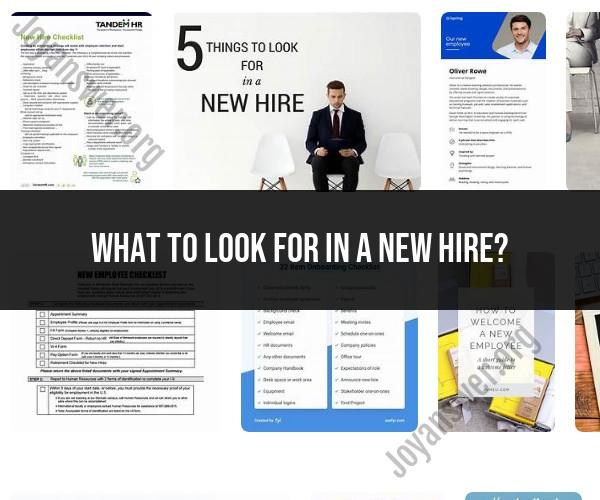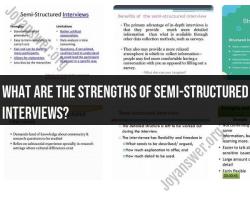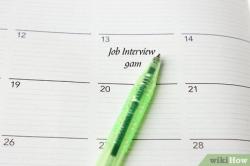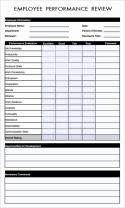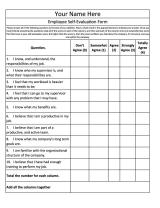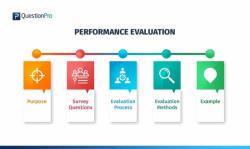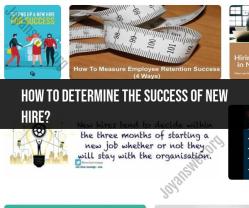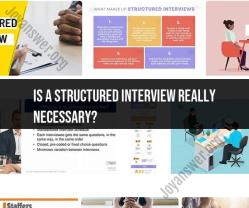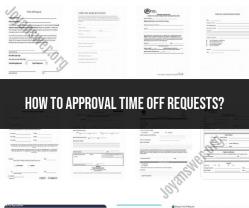What to look for in a new hire?
Hiring new employees is a critical process that can significantly impact your organization's success. When looking for a new hire, consider the following key factors and qualities:
Relevant Skills and Qualifications:
- Ensure that the candidate possesses the skills and qualifications necessary for the job. This includes both hard skills (e.g., technical expertise, certifications) and soft skills (e.g., communication, teamwork).
Experience:
- Prior work experience in a similar role or industry can be valuable. Look for candidates with a track record of success and achievements in their previous roles.
Cultural Fit:
- Assess whether the candidate's values, work ethic, and personality align with the organization's culture and values. A good cultural fit can lead to greater job satisfaction and productivity.
Adaptability and Learning Ability:
- In today's rapidly changing work environment, adaptability and a willingness to learn new skills are essential. Look for candidates who are open to growth and can quickly adapt to new challenges.
Motivation and Passion:
- Passion for the role and the organization's mission can lead to higher engagement and performance. Seek candidates who are genuinely excited about the job.
Problem-Solving and Critical Thinking:
- Employees who can think critically and find creative solutions to challenges are valuable assets to any organization. Ask candidates about specific situations where they demonstrated these skills.
Communication Skills:
- Effective communication is crucial in almost every job. Evaluate a candidate's ability to express themselves clearly, listen actively, and work well with others.
Teamwork and Collaboration:
- Assess how well candidates work in a team and their ability to collaborate with colleagues. Look for those who can contribute positively to group efforts.
Leadership Potential:
- Even if you're hiring for a non-leadership role, it's valuable to identify individuals who may have the potential to take on more responsibility and leadership in the future.
Ethical and Professional Conduct:
- Ensure that the candidate's behavior aligns with your organization's ethical standards and professionalism. Check for references and conduct background checks if necessary.
Organizational Fit:
- Consider whether the candidate's career goals align with the opportunities your organization can offer in the long term. This can help reduce turnover.
Salary and Benefits Expectations:
- Make sure the candidate's salary and benefits expectations are in line with what your organization can offer. Misalignment in this area can lead to dissatisfaction and turnover.
References and Background Checks:
- Conduct thorough reference checks and, when applicable, background checks to verify the candidate's claims and ensure they have a good track record.
Diversity and Inclusion:
- Strive for a diverse and inclusive workplace. Consider candidates from various backgrounds and ensure your hiring process is free from biases.
Long-Term Commitment:
- While you can't predict the future, assess whether the candidate appears likely to commit to the job for an extended period. Frequent turnover can be costly and disruptive.
Hiring for Potential:
- Don't just focus on immediate needs; think about the long-term potential of candidates. Sometimes, hiring someone with growth potential can be a wise investment.
Remember that the hiring process is a two-way street. Candidates are also evaluating your organization. Therefore, it's essential to create a positive and respectful hiring experience to attract top talent. Additionally, involving multiple stakeholders in the hiring process, such as team members and managers, can help make more well-rounded hiring decisions.
What should you look for when hiring a new employee?
When hiring a new employee, you should look for someone who is:
- Qualified. The candidate should have the necessary skills and experience for the job.
- A good fit for the company culture. The candidate should share your company's values and be able to work well with your team.
- Motivated and eager to learn. The candidate should be excited about the opportunity and willing to put in the work to succeed.
What qualities and skills are essential in a potential new hire?
Some essential qualities and skills to look for in a potential new hire include:
- Hard skills. Hard skills are the technical skills and knowledge required for the specific job.
- Soft skills. Soft skills are interpersonal skills such as communication, teamwork, and problem-solving.
- Ability to learn and adapt. The candidate should be able to learn new things quickly and adapt to change.
- Work ethic. The candidate should be reliable and hardworking.
- Positive attitude. The candidate should have a positive attitude and be enthusiastic about the job.
How to assess cultural fit during the hiring process?
To assess cultural fit during the hiring process, you can:
- Ask questions about the candidate's values and work style. What are their most important values? What kind of work environment do they thrive in?
- Pay attention to how the candidate interacts with you and your team during the interview. Are they respectful and engaged? Do they seem like they would be a good fit for your team?
- Ask the candidate for references. Talk to their former colleagues and managers to get their perspective on the candidate's cultural fit.
Are there specific interview questions to identify the right candidate?
There are a number of interview questions that you can ask to identify the right candidate, including:
- Tell me about a time when you had to deal with a difficult customer or colleague.
- What are your strengths and weaknesses?
- What are your career goals?
- Why are you interested in this job?
- What can you offer our company?
You can also ask more specific questions about the candidate's skills and experience, depending on the job that you are hiring for.
Can you provide tips for conducting effective job interviews?
Here are some tips for conducting effective job interviews:
- Be prepared. Have a list of questions that you want to ask the candidate and review their resume and cover letter beforehand.
- Be professional and respectful. Create a welcoming environment for the candidate and be sure to thank them for their time at the end of the interview.
- Listen carefully to the candidate's answers. Ask follow-up questions to get more detail and clarification.
- Take notes. This will help you to remember the candidate's answers and compare them to other candidates.
- Be objective. Avoid letting your personal biases influence your decision-making.
Hiring the right employee is essential for the success of your business. By following these tips, you can conduct effective job interviews and identify the best candidate for the job.
